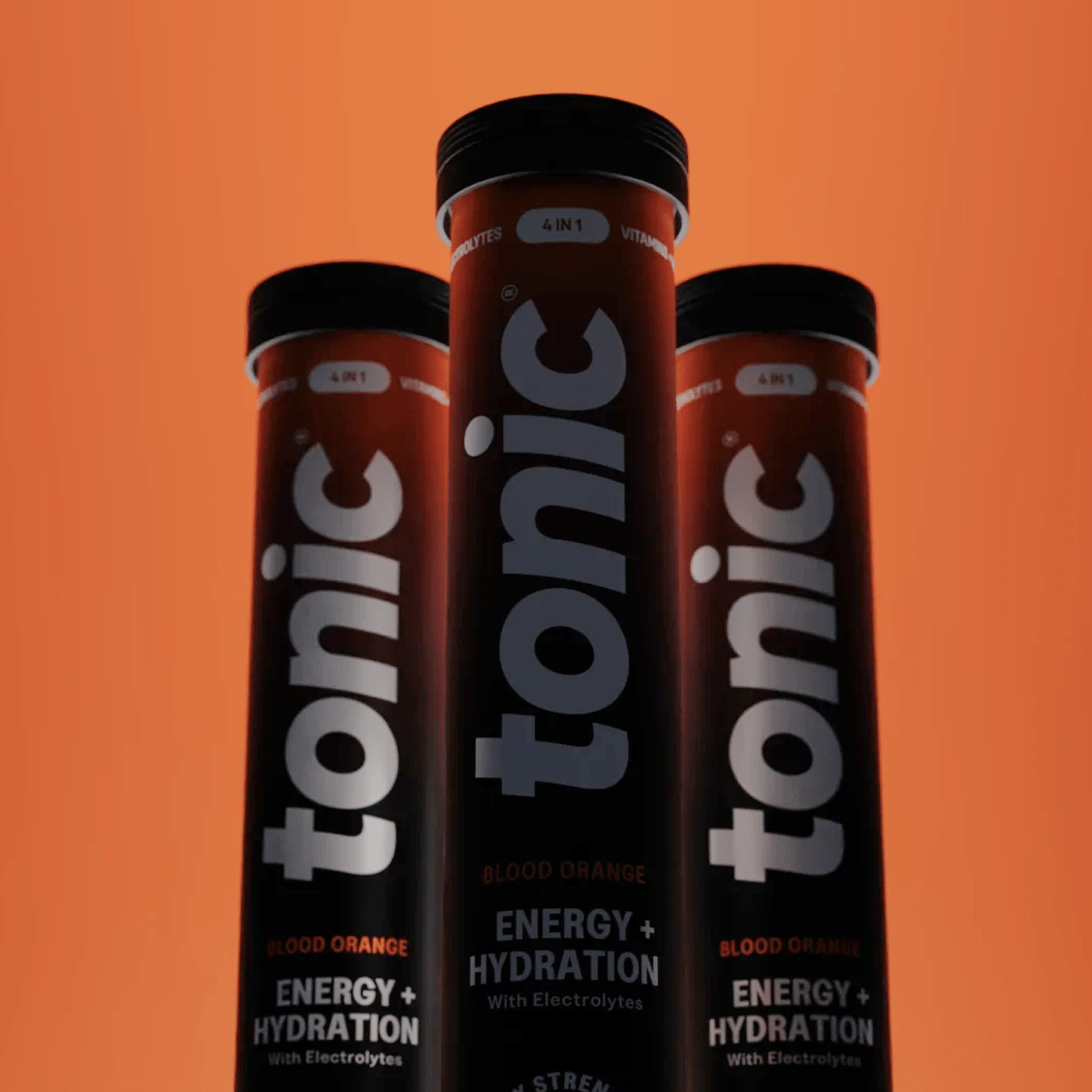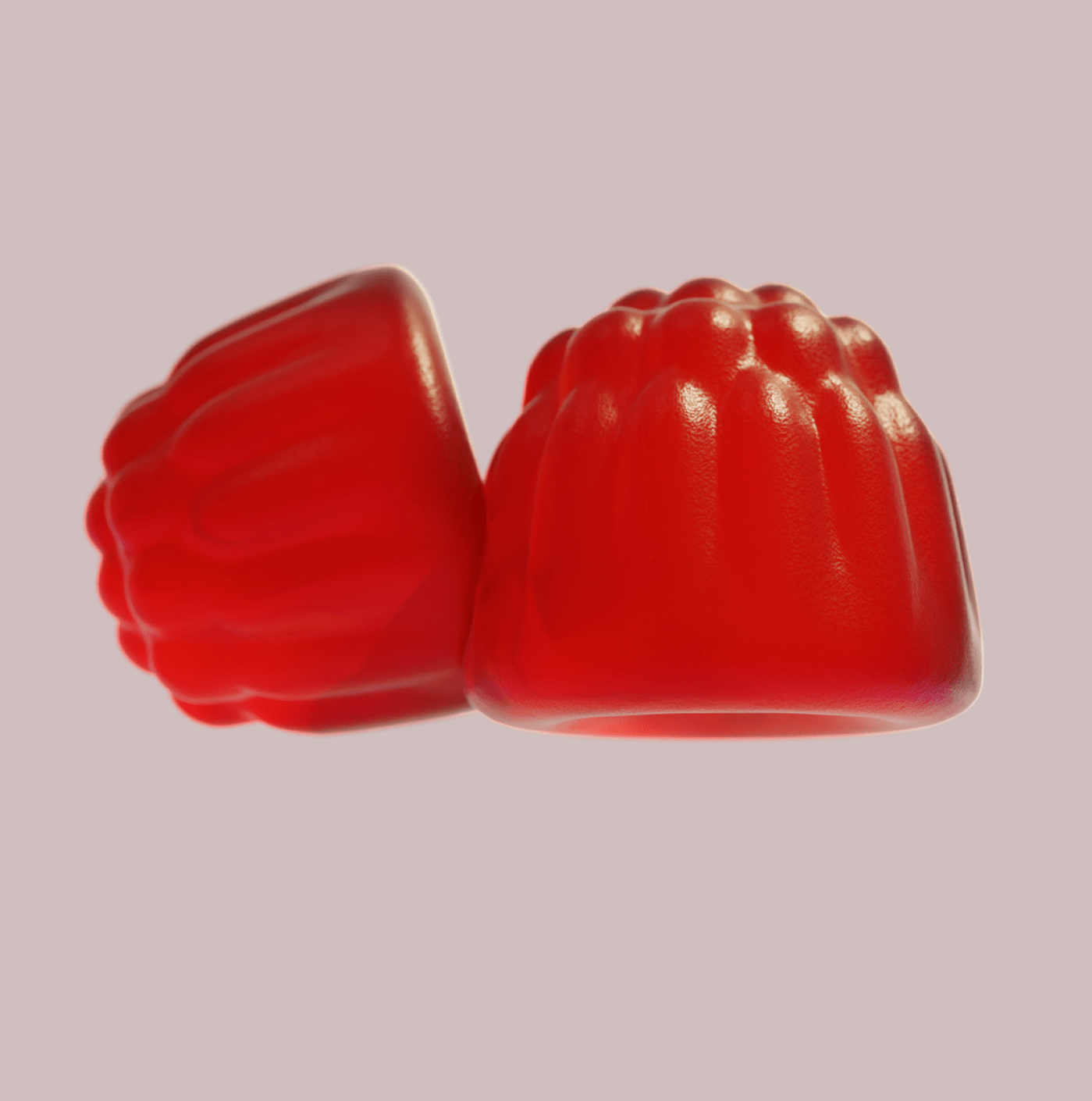The natural water-soluble vitamin called vitamin C – also sometimes referred to as ascorbic acid – has long been associated with various potential benefits, including the protection of cells, help with wound healing, and the maintenance of healthy skin, blood vessels, bones and cartilage.
What might surprise you, however, is that athletes in particular need to be mindful about getting enough vitamin C into their diets. So, what does the evidence suggest about why intense physical and sporting pursuits increase your need for this key vitamin?
How does exercise affect your body’s immunity and vitamin C levels?
Thankfully, there has been much insightful research into what happens to the body’s vitamin C and immunity levels after exercise.
According to this study in the International Journal of Sport Nutrition and Exercise Metabolism in 2003, for example, exercise generally provides a short-lived boost to the amount of vitamin C circulating in the body in the hours after exercise.
However, if prolonged exercise has been undertaken, it seems that in the following days vitamin C levels decline to below what they were pre-exercise.
The author of the study – Jonathan M. Peake of the School of Human Movement Studies at the University of Queensland, Australia – suggested that such changes may be associated with the increased oxidative stress brought about by physical exertion.
Meanwhile, other research published in Medicine & Science in Sports & Exercise in 2015 linked long-lasting exercise at a moderate intensity with decreased immunity.
A wide range of possible benefits for sportspeople
It’s not a secret that vitamin C is renowned for its role in supporting the immune system, which helps to explain why it’s such a key ingredient in Tonic Health’s vitamin drinks. Whether or not you’re an athlete, vitamin C could be instrumental in supporting your immune system to function normally.
However, it’s the role that vitamin C plays in protecting bodily cells from oxidative stress that might make it especially relevant for athletes. Vitamin C is an antioxidant, which may mean it could help to reverse some of the oxidative damage that exercise can bring on.
This oxidative damage is caused – more directly speaking – by free radicals, and it is antioxidants that help to keep these in check. So, by getting more antioxidants like vitamin C into your diet between workouts, you could be helping to shield your muscle cells from free radical damage, thereby enhancing recovery and growth.
Now, you might imagine that athletes whose tissues come under particular stress from exercise – such as body builders – would especially stand to benefit from increasing their intake of vitamin C. You may be right there, too, especially given that vitamin C is involved with amino acid metabolism, including the formation of collagen, which is the primary constituent of connective tissue.
Connective tissue is what holds together your muscles and bones. So, you can probably begin to see how vitamin C could be invaluable for you as an athlete beyond the help it could give you to support immunity.
With some athletes also suggesting on the basis of their personal or professional experience that taking vitamin C could even help to decrease recovery time between workouts, it seems that the vitamin may have even more relevance to avid sportspeople than is currently assumed.
Further research will help us understand if those anecdotes are borne out by the science, but there’s no doubt that vitamin C can play a powerful role in health – especially for the active exercisers already taking their health seriously.







Leave a comment
All comments are moderated before being published.
This site is protected by hCaptcha and the hCaptcha Privacy Policy and Terms of Service apply.